Alex Sachs: The Power of Human Connection
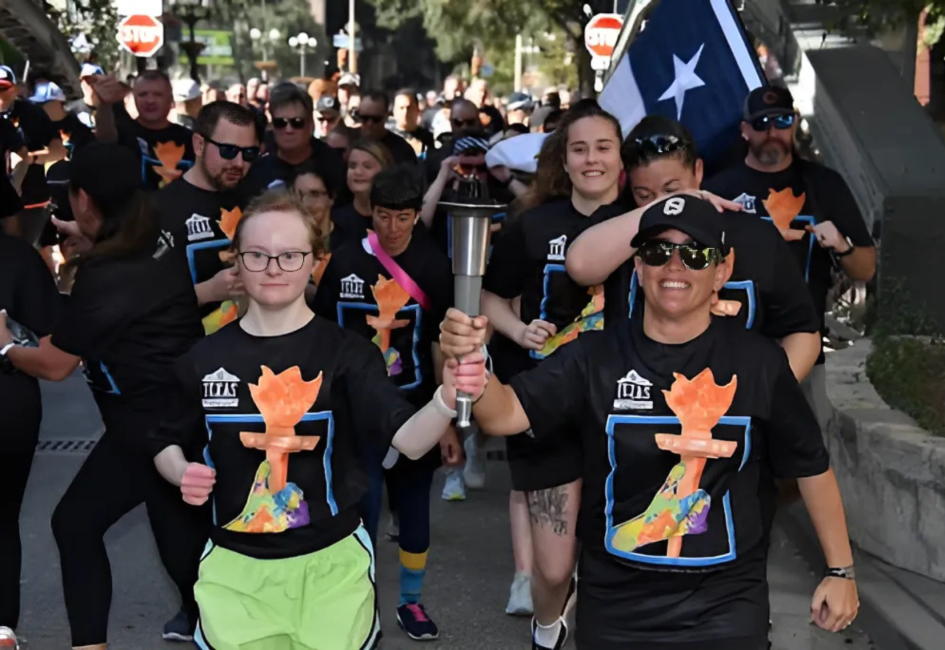

When Alex Sachs was a little girl growing up in Brazil, she used to stare out the window of her family’s apartment, watching the police officers next door. They wore crisp military-style uniforms and gleaming white helmets—symbols of order, service, and something she couldn’t quite name yet, but instinctively admired. Even then, she wanted to be one of them.
At the time, it wasn’t an option.
“I’m 50 now,” she says. “Back then in Brazil, women weren’t allowed in the police or the military. It just wasn’t something you did.”
Instead, she channeled her discipline and drive into sports, eventually rising to represent Brazil as a member of the national women’s soccer team—an Olympian who competed on the world stage for more than a decade. She played internationally. She studied sports psychology. She became a voice for women’s athletics in a culture where machismo ruled the pitch. And still, something tugged at her.
A dream deferred is rarely a dream forgotten.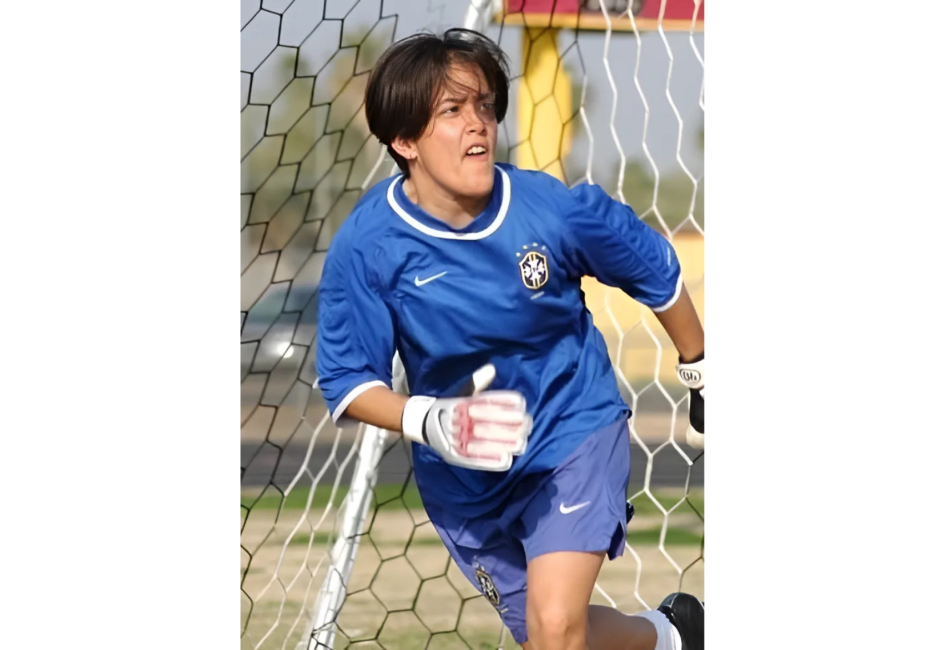
At 43 — an age when most people are leaning into stability — Alex made a leap. Inspired by a police academy visit through a local leadership group, she decided to pursue law enforcement. She trained for a year and a half to exceed the minimums. She passed the academy entrance requirements. She quit her job and committed to the life of service she’d once believed was out of reach.
And then, in the middle of the academy, she tore her Achilles.
“I had never been seriously injured before — not even as a pro athlete,” she says. “And now, in the middle of this new path I was working so hard for, I was on light duty. I felt like I failed.”
But Scottsdale Police didn’t see it that way. They kept her on, helped her explore other options, and eventually found her a permanent home in community engagement, a role where Alex now thrives as a full-time police aide.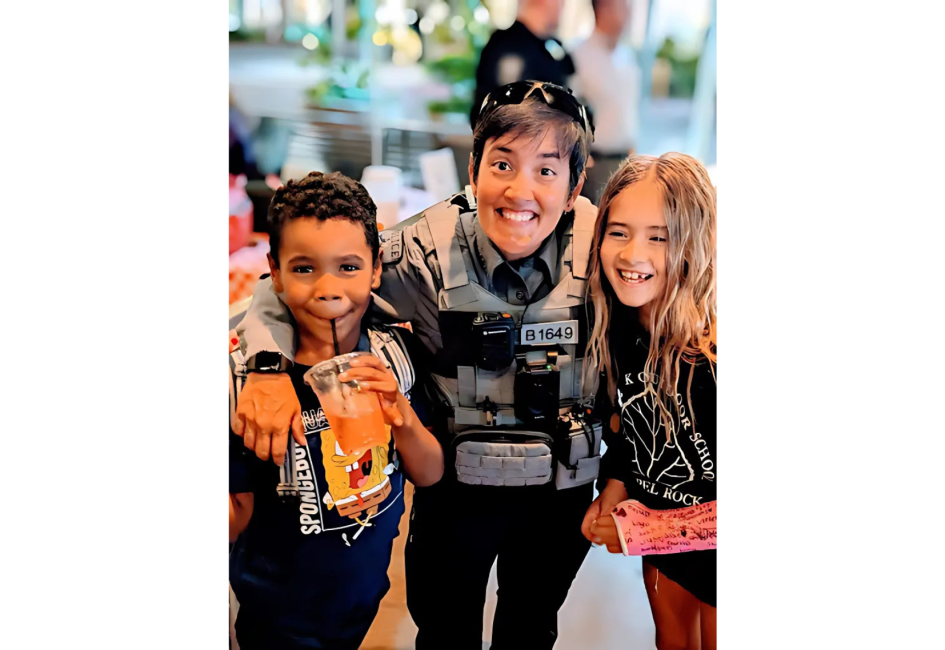
She spends her days organizing leadership programs for elementary students, building community with seniors through weekly walking groups, and coaching adaptive sports for Special Olympics. If there’s a cause worth showing up for, chances are Alex is already there, sleeves rolled up.
Still, the shift away from becoming a sworn officer left an ache. She felt like she’d come close to fulfilling a lifelong dream only to have it slip away. And that’s where Boulder Crest came in. Scottsdale Police had recently adopted the Struggle Well program and offered it to all staff, sworn or civilian. When Alex heard her chief would be attending, she was hesitant to share deeply, but ultimately decided to trust the process.
“I have a master’s in sports psychology,” she explains. “I’ve walked on coals. I’ve done the motivational retreats. But Struggle Well was different. It was about simple, powerful, daily things that actually shift the way you live.”
Alex resonated with the stories shared — stories of average people surviving extraordinary adversity: Holocaust survivors, POWs, grieving parents. The curriculum was grounded in action and accountability, but most of all, it was human.
“It reminded me of something I’ve known since I was little, but sometimes forget: connection is everything. It’s what heals.”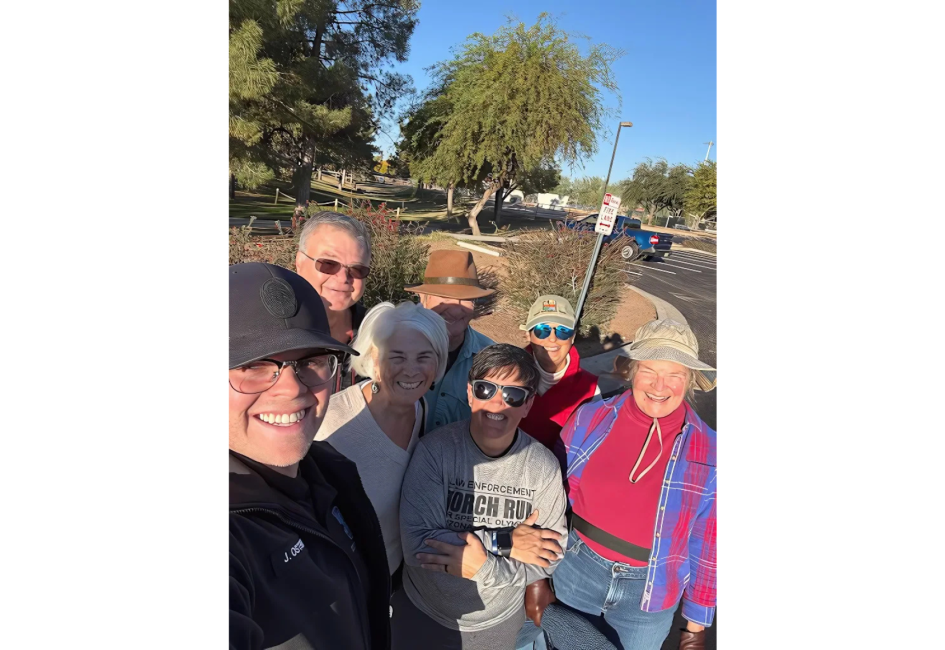
So she didn’t stop there. She asked to become a guide.
Just a few weeks before sharing her story, Alex co-facilitated her first Struggle Well course alongside the very guide who supported her through her own class. The experience took place at the Franciscan Renewal Center in Arizona, which she describes as “a place where you can actually feel peace.” Over the course of the week, she watched as a group of 23 strangers transformed into something deeper.
“People came in nervous, unsure. By the end of the week, no one wanted to leave. That’s the power of connection—of sitting beside someone in the dark and walking with them toward the light.”
That same belief fuels everything Alex touches.
Born to an Egyptian father who fled his homeland and rebuilt from scratch in Brazil, and raised between continents, Alex’s childhood was nomadic but eye-opening. Her father’s career took the family from Brazil to New Jersey to Paris and back again. She grew up multilingual, multicultural, and deeply aware of injustice in the world.
“My sister and I always say it’s our dad’s fault,” she jokes. “We became public servants because he showed us what the world really looks like.”
Now, her sister teaches special education. Alex serves the community through law enforcement, advocacy, and coaching, while raising two daughters of her own to recognize the value of giving back.
She’s an ambassador with Athletes for Hope, a nonprofit that works to educate, encourage, and assist athletes in making a difference in the causes they care about. In that role, she supports their youth mental health program and CHAMPS curriculum. She leads Scottsdale’s adaptive soccer team, the Bobcats. She teaches leadership and peer mentoring skills to fourth and fifth-graders through the Police Activities League. And yes—she still finds time to run the Law Enforcement Torch Run for Special Olympics.
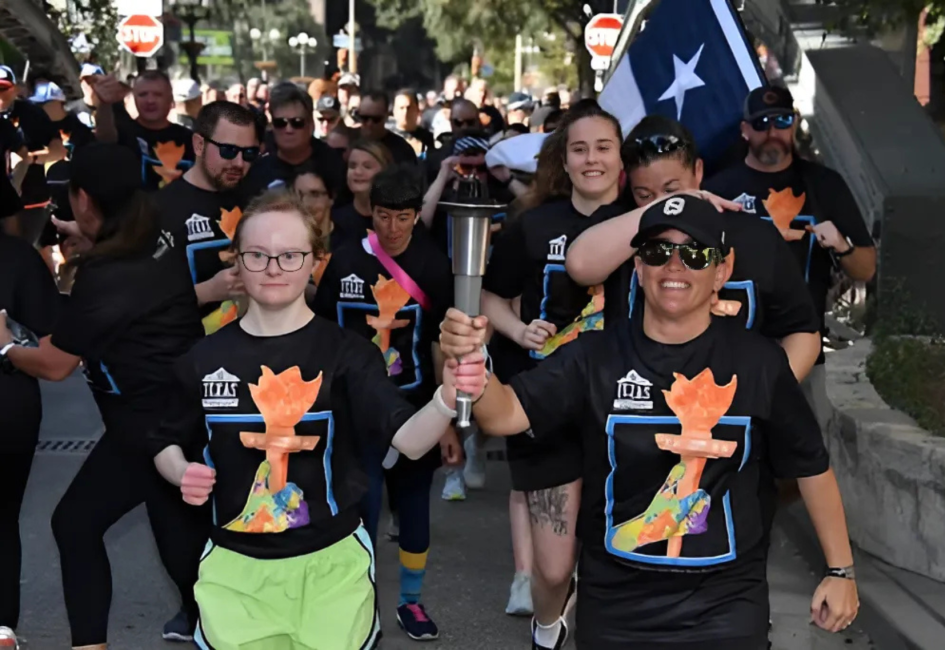
“I used to do too much,” she admits. “I had to sit down with my wife and really think about where I wanted to give my energy. Because as much as I love being out there, our family needs time together, too.”
That balance—between service and sustainability, between giving and staying grounded—is something she now teaches others through Struggle Well.
“Posttraumatic Growth isn’t about erasing pain,” she says. “It’s about learning from it. Growing from it. And using it to help someone else.”
Alex often says she didn’t grow up with deep community connections — her family moved too much for that. But maybe that’s why she values them so fiercely now. Maybe that’s why she shows up early to walk with seniors and stays late to hand out medals to Special Olympians. Maybe that’s why she pours herself into every handshake, every classroom visit, every conversation.
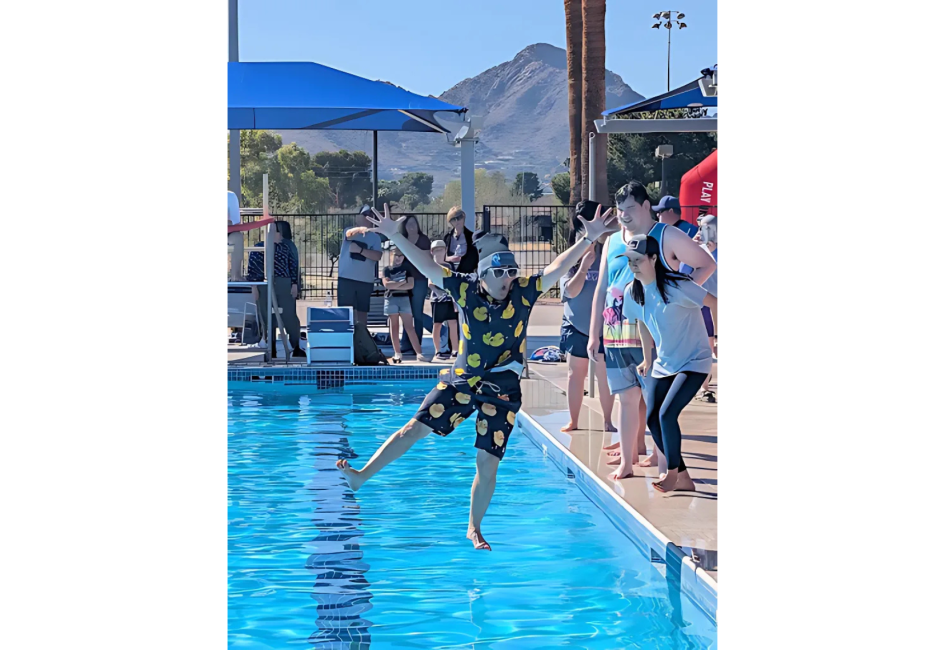
She knows what it’s like to feel disconnected. And she knows how powerful it is to find your place.
“Some days I still think about that shiny badge I never got,” she says. “But then I remember what our former chief told me: ‘You’re doing even more now than you would’ve done in that role.’ And I believe that. I really do.”
Because this life — the one she lives now — isn’t a backup plan.
It’s a calling fulfilled.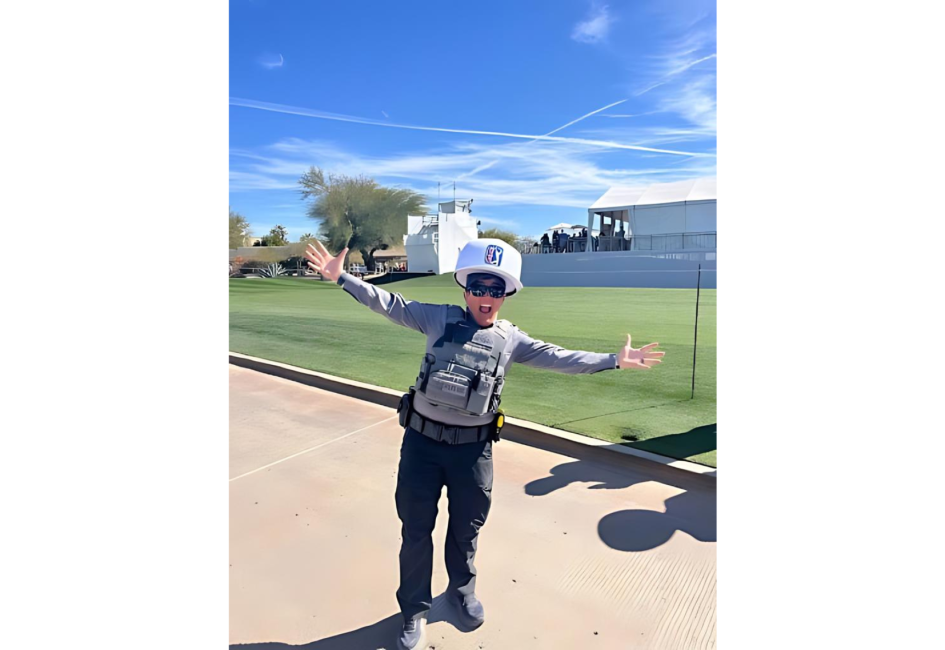
At Boulder Crest Foundation, we believe that connection heals and that no one should have to struggle alone. Through our Struggle Well and Warrior PATHH programs, military, veterans, and first responders like Alex find strength, community, and a path to Posttraumatic Growth. Learn more or support the mission at bouldercrest.org.
Your support powers life-changing programs offered at no charge to veterans, military, first responders, and their families. With your help, our Warriors won't just survive — they'll thrive.

We have received your email sign-up. Please tell us more about yourself.